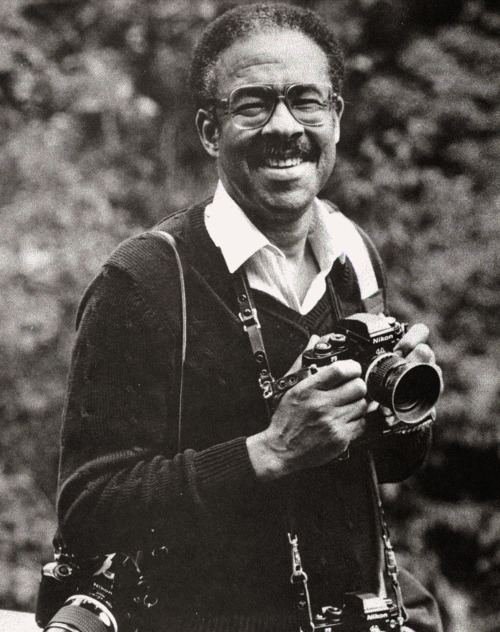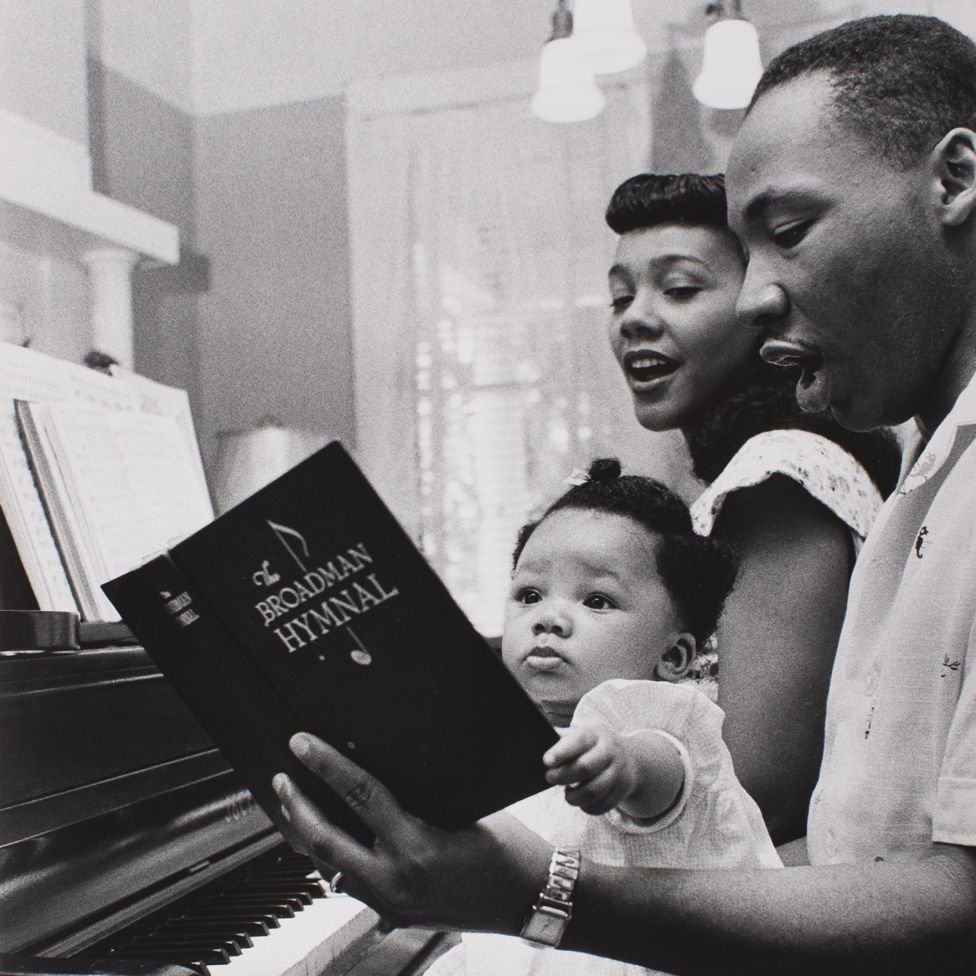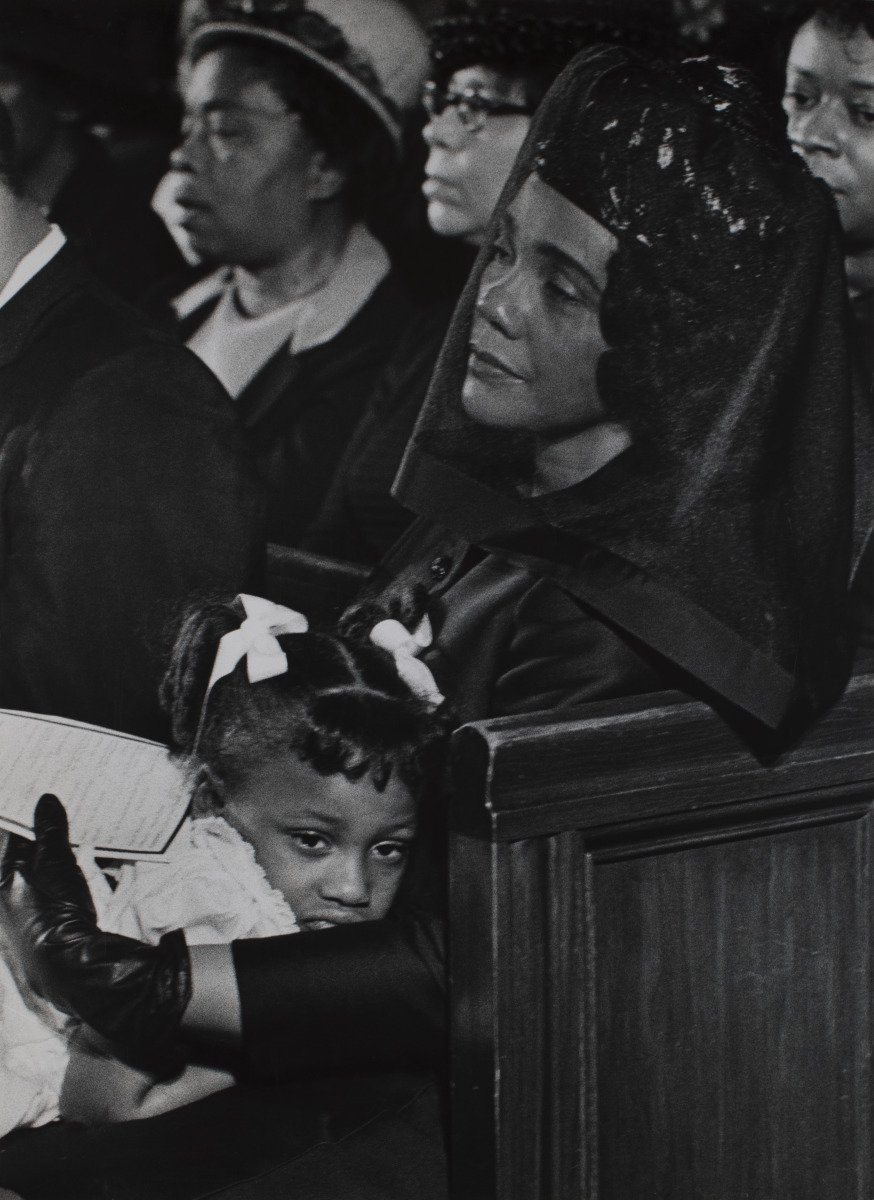The Names and Faces We Don’t Recognize: Black Journalists In History
Alexandra Gore | February 28, 2024
Throughout history, Black journalists have used their voices to advocate for social change. From anti-lynching activism to Black soldiers in World War II to the Civil Rights movement, Black journalists have created some of the most compelling media. However, these names are rarely recognized despite creating lasting impact in the late eighteenth and nineteenth centuries. Here are five Black activists who risked their lives to change the world through journalism.
Ida B. Wells
Ida B. Wells, born in 1862, was an advocate against lynchings and attacked the common idea that lynching was necessary to deter Black rapists. She wrote articles strongly denouncing the lynching of her three friends who were murdered under these accusations. In 1892, she became part-owner of The Memphis Free Speech, a powerful African American Newspaper that covered widespread hostility among the races.
Wells traveled all over America and Europe to protest lynchings, called for the establishment of anti-lynching legislation and exposed racial injustice. In 1910, she helped found the National Association for the Advancement of Colored People (NAACP), which helped ensure rights guaranteed in the 13th, 14th, and 15th Amendments were applied to all races. This included a promised end to slavery, equal protection of the law and the right for all men to vote.
She is also known for giving up her seat 71 years before Rosa Parks did when she purchased a first-class ticket and was forced to move to the African American train. She sued the railroad and won, but it was eventually overturned by the Tennessee Supreme Court.
W.E.B Du Bois
While many people recognize W.E.B Du Bois for his work as an activist and sociologist, he was also a co-founder of the NAACP, where he spent 24 years as an editor and the Director of Publicity and Research. As the first African American to receive a Harvard Ph.D., Du Bois applied his education to become a prominent opponent of racial discrimination, segregation, and lynching. During his time with the NAACP, he documented and publicly condemned these acts and other racially targeted attacks.
Du Bois’ work in journalism also opened opportunities for his participation in politics. He worked to convince black voters to break with their tradition of supporting the Republican party and instead support Democratic candidate Woodrow Wilson. These attempts were eventually considered unsuccessful because Wilson introduced segregation into the Federal government during his presidency, but he introduced ideas that were unheard of at the time.
Gordon Parks
Gordon Parks was a photographer, poet, musician, storyteller and activist known for his photography of American life and culture from the early 1940s into the 2000s with a focus on race relations, poverty, civil rights and urban life. By choosing a camera as his weapon, he sought to “fight back” against the inequalities he witnessed during World War II.
In 1948, he became the first African American staff photographer for Life. During his time there, he produced six photo essays, including “Harlem Gang Leader,” highlighting the time he spent with a 17-year-old gang leader and other members of the town. Through image, his goal was to show that juvenile delinquents were teenagers whose lives could be turned around if the right social service agencies intervened.
Moneta Sleet Jr.
Moneta Sleet was the first African American to win a Pulitzer Prize for journalism. The photo that won him the prize — a photo of Martin Luther King Jr.’s wife Coretta Scott King veiled at her husband’s funeral with their five-year-old daughter slouched in her lap.
During his 41 years at Ebony magazine, he photographed a variety of Black experiences, including prison inmates on death row, a hospital in Harlem and a beauty contest. He also became close friends with Martin Luther King Jr. while covering the Civil Rights movement, which was his primary artistic focus.
Alice Allison Dunnigan
Alice Allison Dunnigan was the first Black woman accredited to report from the White House, Supreme Court, State Department, Senate and House of Representatives. Growing up in the Jim Crow South, Dunnigan worked her way through several jobs before writing short news articles for a local newspaper at age thirteen. Discrimination based on race as well as sex was widespread during this time, which created a barrier to Dunnigan and other aspiring journalists being taken seriously by White-owned newspapers and getting the resources needed for the job.
While Dunnigan worked for the White House, she was persistent in questioning government officials, including the president, about the problems the Black community was encountering. She wrote about civil rights cases, the fight against segregation and the progress of federal fair employment legislation.
















